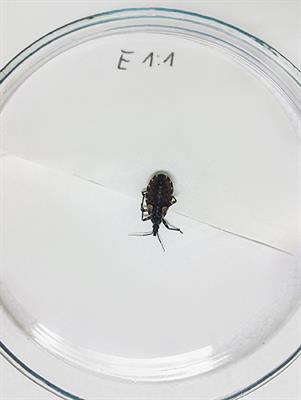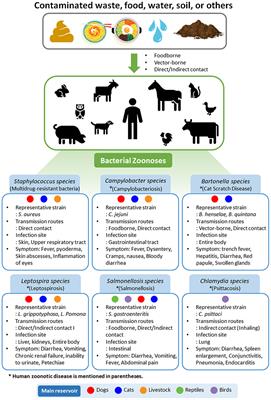ORIGINAL RESEARCH
Published on 16 May 2019
Ethnoveterinary Therapeutic Practices and Conservation Status of the Medicinal Flora of Chamla Valley, Khyber Pakhtunkhwa, Pakistan

doi 10.3389/fvets.2019.00122
- 15,599 views
- 39 citations
14k
Total downloads
78k
Total views and downloads
ORIGINAL RESEARCH
Published on 16 May 2019

REVIEW
Published on 10 Oct 2018
ORIGINAL RESEARCH
Published on 02 Aug 2018

ORIGINAL RESEARCH
Published on 26 Jul 2018

REVIEW
Published on 24 Jul 2018

ORIGINAL RESEARCH
Published on 03 Jul 2018

SYSTEMATIC REVIEW
Published on 22 Jun 2018

ORIGINAL RESEARCH
Published on 22 Jan 2018
